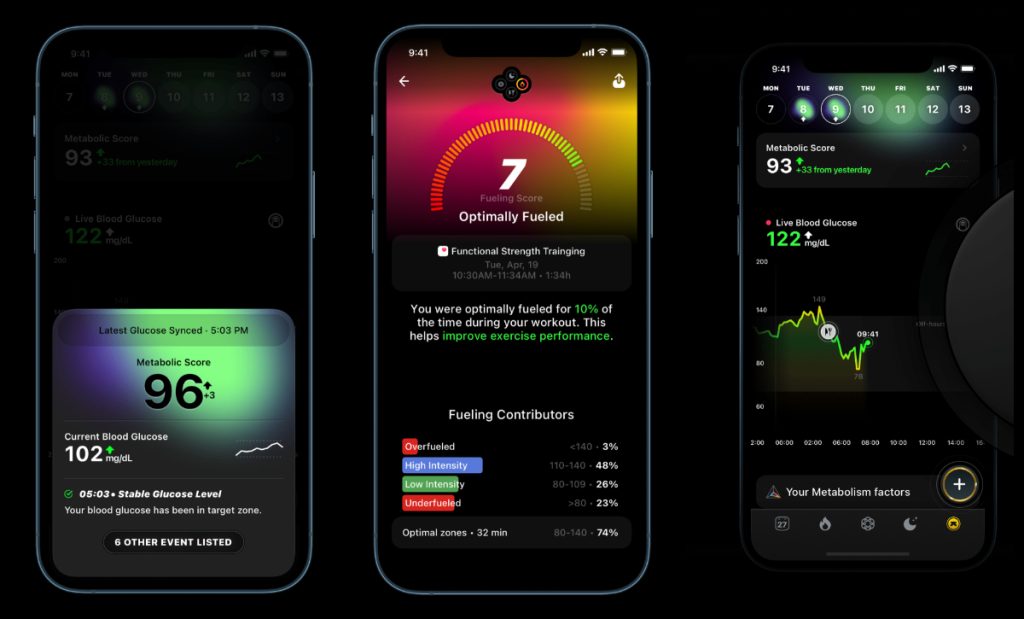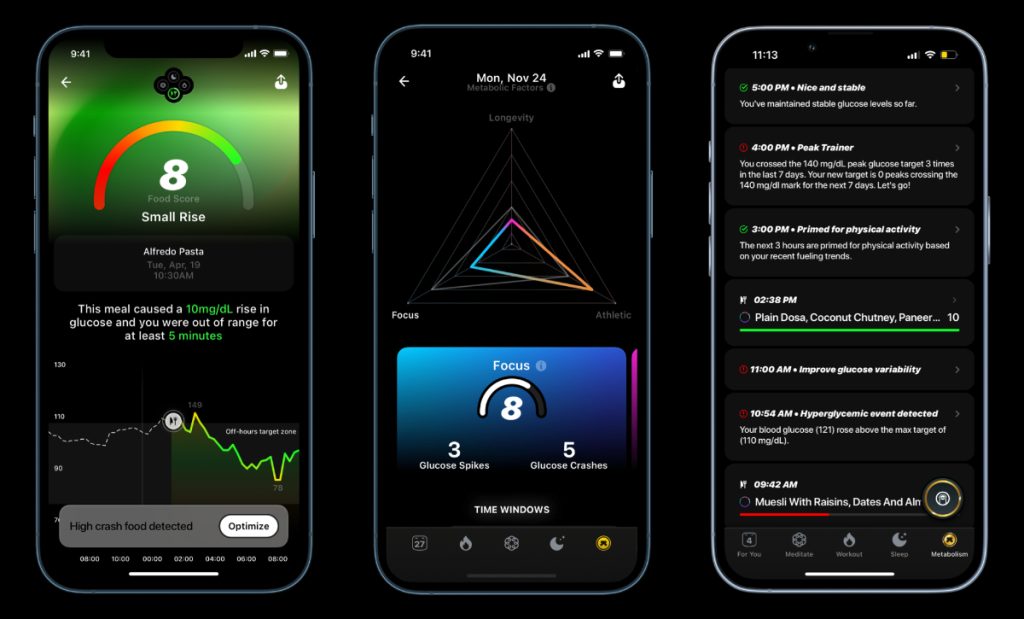
Ultrahuman, Bengaluru-based startup, today launched its latest wearable, the Ultrahuman Ring. With the use of sophisticated real-time activity or resting recommendations, the metabolism-tracking wearable will measure your movement, sleep, and body’s energy dynamics to help you balance and take charge of your health, says the company.
The Ring has a compact design and no screens or vibrations, so it keeps you away from constantly receiving notifications. You can check your information on the app when you want, ensuring no disruption to your daily activities like other fitness trackers. It also has a strong 5-day battery life.
The Ultrahuman ring is built to withstand rigorous use and workouts. The outer surface of the ring is made of a titanium body coated with tungsten carbide, which is 5 times harder than tool steel and extremely scratch resistant. Simultaneously, comfort and minimalism are at the forefront of the product, this is made sure of by the ring’s smooth inner shell, which makes it comfortable to wear when sleeping or taking a break.
The Ultrahuman Ring can be used alone or with the existing conventional glucose monitoring platform, Ultrahuman M1, to give users even more detailed information about their metabolism and more specific steps they can take to improve their health.
The Ultrahuman ring will also tell you about your non-exercise activity thermogenesis (NEAT), how well you sleep, how it affects your glucose metabolism, and how food affects your recovery and performance.
Pricing and availability
The Ultrahuman Ring will be available for pre-order globally on July 7th, 2022, with shipping beginning in August 2022.
It is priced at Rs. 22,499. For the first 200 orders, it will cost Rs. 14,999. Super Early Bird and Early Bird plans cost Rs. 16,999 and Rs. 18,999, respectively.
Speaking on the launch, Mohit Kumar, Founder and CEO, Ultrahuman, said:
We have always believed in the power of biomarkers in terms of their ability to make health optimization more efficient. With the Ultrahuman ring and a new suite of metabolic biomarkers, you can now understand not just what’s affecting your glucose metabolism but also how to act on the insights in an efficient way.
For eg. You could figure how much of your glucose metabolism is affected by the lack of sleep vs the food itself. This is a phenomenal leap in the world of biomarkers and allows us to study various factors around human health in a unique and much more impactful way than ever.


